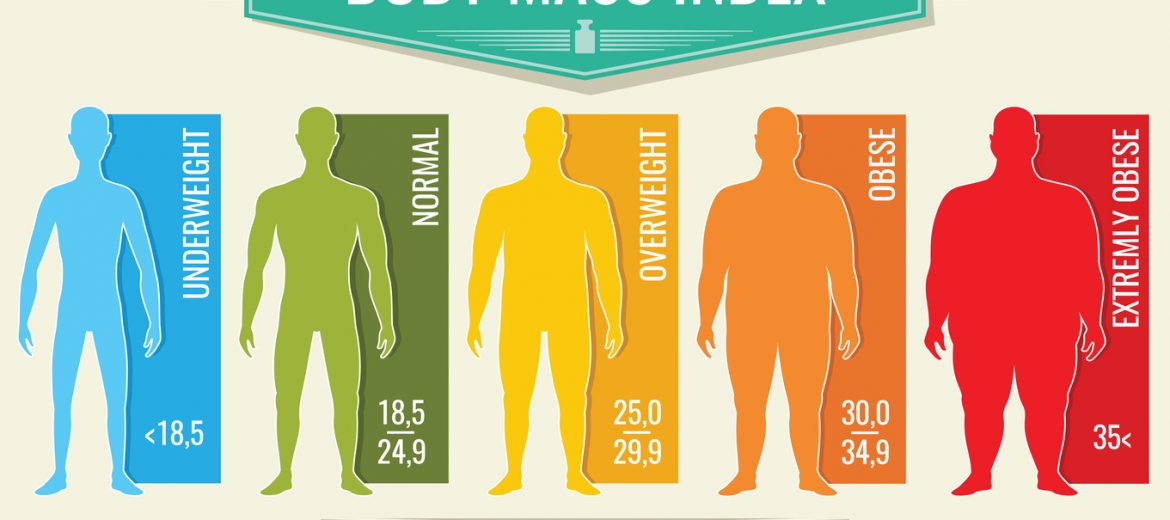Obesity & Surgical Weight Loss: Factors That Contribute to Severe Obesity

How to Know If You Are At Risk of Severe Obesity
Severe obesity is a chronic disease with symptoms that build slowly over an extended period of time. You have severe obesity if:
- You are 100 lbs (pounds) or more over your ideal body weight, or,
- Your bmi is 40 or higher or 35 or higher.
More so, you are likely to be suffering from medical conditions such as diabetes, high blood pressure, sleep apnea, and high cholesterol.
Several factors contribute to severe obesity. These include:
- Genes,
- Environmental,
- Metabolism,
- Eating disorders.
Factors that contribute to severe obesity
The following factors are likely to affect your weight gain in a negative way:
Genetic makeup
Your genes play a major role in gaining excess weight. They determine whether you are at risk of becoming overweight or obese. Furthermore, your genes affect how efficiently your body uses and burns calories. More so, genes decide where your body stores fat.
Metabolism
Having a high metabolic rate means you burn your calories a lot faster. As a result, you are less likely to gain weight than if you had a slow metabolic rate. You can increase your metabolism through exercise or increased physical activity. For example, at work, add physical activity to your daily routine if you sit behind a desk all day.
Environmental factors
Fast foods and processed foods can also increase your potential for becoming overweight. This is because such foods tend to be high in sodium, fat, and carbohydrates. Therefore, when you consume these types of foods, you pack on more fat.
Especially relevant to weight control is portion sizes. Unfortunately, portion sizes have become larger and larger over the years. This promotes weight gain if your genetic makeup makes you a susceptible individual.
Eating disorders and other medical conditions
Eating disorders and other medical conditions can also influence your body weight. Medical conditions that are related to or made worse by obesity are called co-morbidities. These are categorized as major or life-threatening problems and include the following:
- Type 2 diabetes
- High blood pressure
- High cholesterol
- Heart disease
- Sleep apnea syndrome
- Osteoarthritis
- Cancer
Surgical treatment of severe obesity
Over the years, weight-loss surgery has proven to be the only effective method for the treatment of severe obesity. Furthermore, surgical options have continued to evolve. It is now well documented that through surgical weight loss, you can improve or resolve these medical conditions and extend your life. Tri-state bariatrics is pleased to be able to offer you the lap-band®, the laparoscopic gastric bypass, and the sleeve gastrectomy.











